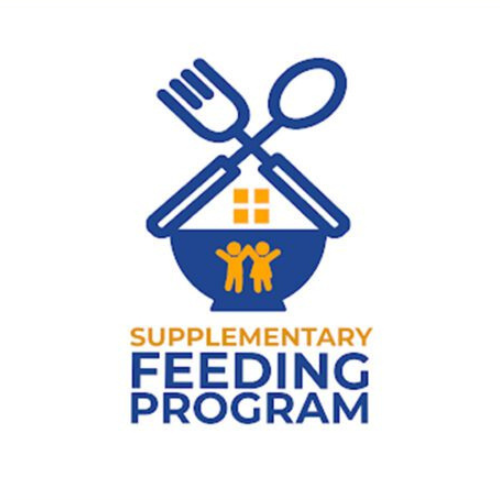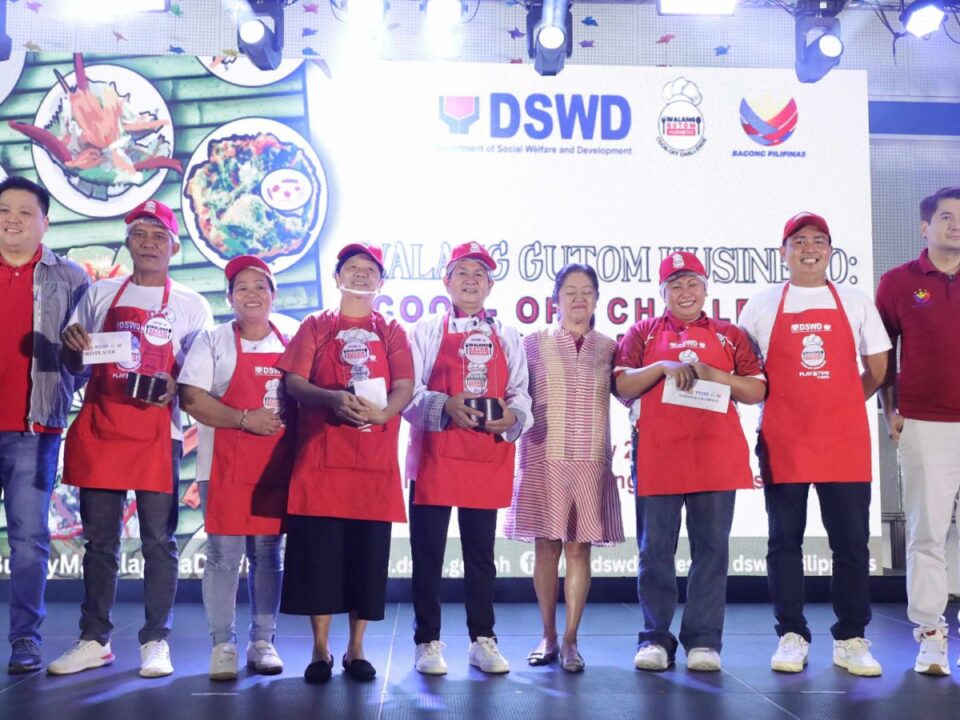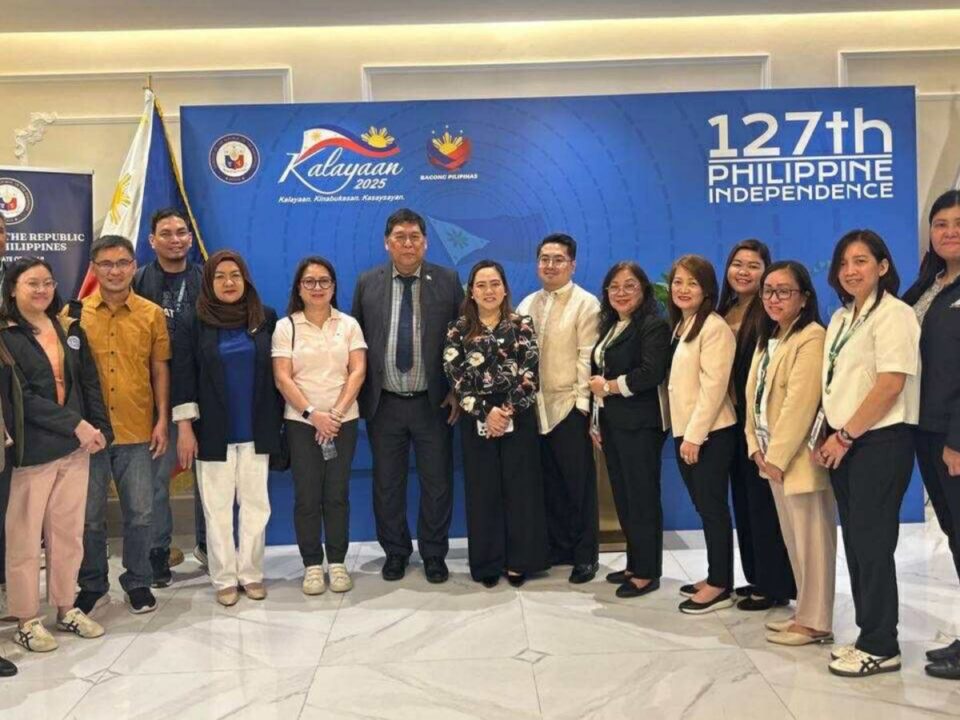
SUPPLEMENTARY FEEDING PROGRAM
Supplementary Feeding Program (SFP) is the provision of food in addition to the regular meals to children currently enrolled in the day care centers as part of the DSWD’s contribution to the Early Childhood Care and Development (ECCD) program of the government.
Food supplementation is in the form of hot meals being served during break/snack time in the morning session or during break/snack time in the afternoon session to children in Child Development Center (CDCs), and Supervised Neighborhood Play (SNP).
The feeding program is being managed by the parents based on a prepared meal cycle using available indigenous food supplies. Children beneficiaries are weighed at the start of the feeding period and three months thereafter. After the completion of 120 feeding days, the improvement and sustenance in the nutritional status of the beneficiaries will be determined.
Launched in 2009 as, “Healthy Start Feeding Program” in selected Day Care Centers using VAT for the funding of the program
In 2018 the program was Institutionalized through Republic Act No. 11037 of 2018, “An Act Institutionalizing a National Feeding Program for Undernourished Children in Public Day Care, Kindergarten and Elementary Schools to Combat Hunger and Undernutrition Among Filipino Children and Appropriating Funds Therefor”.
Objectives
To provide feeding programs for children in LGU-managed CDCs/SNPs for 120 days, using indigenous or locally-produced food equivalent to 1/3 of the Philippine Dietary Reference Intake; improve attitude and practices of children, parents and caregivers towards healthy diets; and, improve and sustain the nutritional status of children beneficiaries.
Feeding Components
- Fortified Meals - hot meals or alternative food products such as but not limited to local heavy snacks, nutribun, nutripacks, and other food products developed by DOST-FNRI for dietary supplementation.
- Fresh milk or fresh milk-based products
Fresh milk or fresh-milk-based products such as but not limited to sterilized milk or sterilized milk products, toned milk/toned milk products, pasteurized milk or pasteurized-milk products from the National Dairy Authority (NDA) or Philippine Carabao Center (PCC) accredited farmers; and commercially prepared milk.
Other Components
- Conduct of Growth Monitoring - As part of the program’s commitment to PPAN and as an identified outcome indicator, weight and height of children shall be measured at the start (baseline) and at the end of the program (endline).
- Conduct of Parenting Effectiveness Service (PES) - Conduct of all PES Modules to parents of the children highlighting Modules on Health and Nutrition by the CDW as part of the nutrition education component shall be mandatory.
Target Beneficiaries
Children enrolled in public/LGU-run CDCs (3-5 years old) and SNPs (2-3 year olds), from a minimum of five days to a maximum of seven days a week for 120 days.
Children beneficiaries will be weighed and height will be measured at the start of the feeding and after the completion of 120 feeding days to determine improvement in their nutritional status. The program likewise includes milk feeding targeting the identified undernourished children.
Coverage
All children enrolled in the CDCs and SNPs in the implementing LGUs are automatically recipients of the program.



